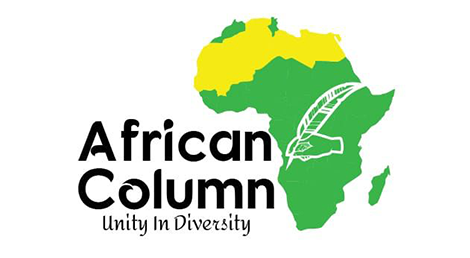When you’re new in a country, you might find yourself in a tight financial situation in your early days. This could be because the process of immigration is generally financially draining prior to entering your host country and for other cases, you might also take a while before you start working dependent on how fast you get your working permit and how fast you find a stable job. Many people find themselves in need for quick financial assistance and one can easily get stressed when they don’t have adequate information about a way forward in this unfortunate situation. You can explore a range of options in order to manage your situation on the way to stability;
Traditional banks: As soon as you get a piece of identification, the next step should be establishing a good financial relationship with any bank of your choice. This relationship will be very beneficial in the short and long run. One needs to compare different products offered by different banks to choose which one is best suitable for them. Banks have varying charges for their similar products though the fees might be relatively similar. With a chequing account you can access over draft which you can you use at a low fee but which accrues interest if not paid back in full by the due date. Banks can give you credit cards especially after securing employment. Know the (APR) interest rates on purchases, and the rate on borrowing funds because some can be so high and will cost you a lot of money. Some credit cards also come with monthly or annual fees for using them. Knowing all this information before you accept a product is very important. Generally, it is recommended to get a credit card to start building your credit as soon as you start getting any sort of income.
Alternative financial service providers e.g. Cash Money, Money Mart, Easy Financial, etc. These institutions typically offer short-term loans, often referred to as payday loans or cash advances, as well as other financial services such as check cashing, money transfers, and prepaid debit cards. These serve you even if you don’t have access to a traditional bank but you need to be very careful when dealing with them. You need to understand the terms of the loan properly because the fees can be hefty due to very high interest rates.
Online lenders e.g. Borowell, Mogo, iCASH, etc.; these are more like alternative financial services providers but these are established online. They are mostly appealing to people because of minimal requirements to access funds and convenience. Caution needs to be taken while looking at the fees and interest rates.
Government Programs; Explore different incentives for new comers on municipal levels in form of social assistance. They are meant to help new comers to settle in and find stability. Depending on your needs, you may qualify for government-backed loans, such as FHA loans for mortgages or Small Business Administration (SBA) loans for businesses. These loans often have more favorable terms for certain demographics or purposes.
Line of credits; these can be accessed through both traditional banks and alternative financial services. A line of credit (LOC) is a flexible borrowing arrangement that allows individuals or businesses to access a predefined amount of funds from a lender, up to a specified credit limit. Unlike a traditional loan, where you receive a lump sum upfront and repay it in installments over time, a line of credit provides ongoing access to funds as needed by an individual or business.


